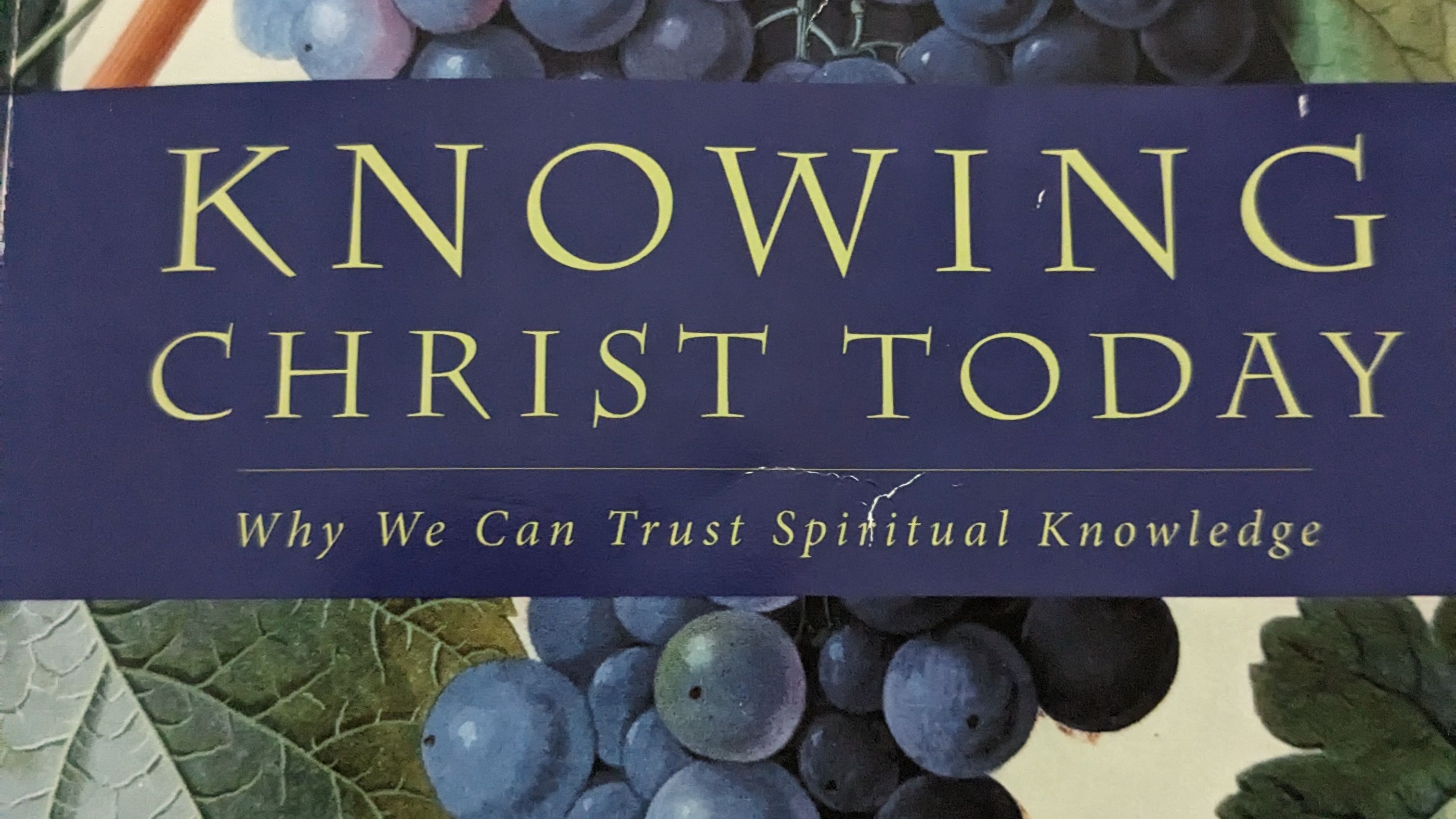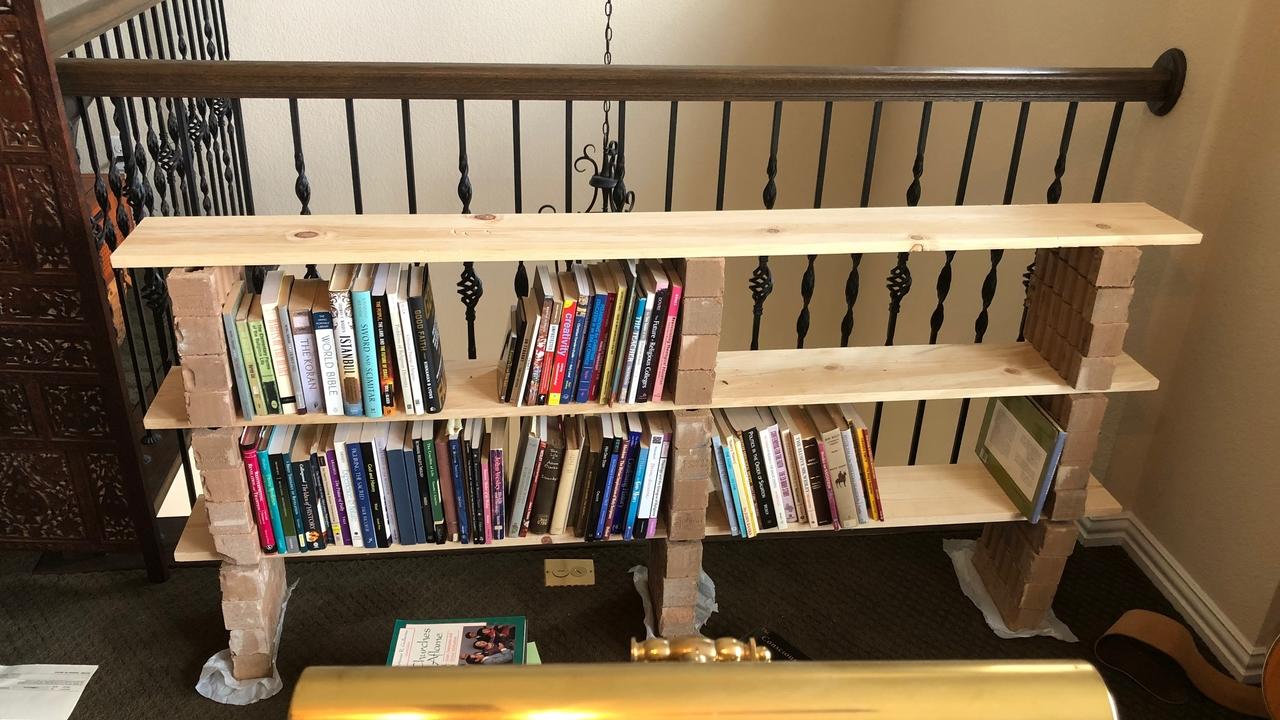Knowing Christ Today

In this post, I'd like to introduce you to a book by Dallas Willard, of blessed memory, titled Knowing Christ Today: Why We Can Trust Spiritual Knowledge (HarperOne, 2009). We will not grow to maturity if we do not grapple with and grasp this book's thesis: knowing Christ is real knowledge, not simply believing in him.
Dallas Willard was a philosophy professor at the University of Southern California for more than forty years, up to his death in 2013. (If you don't know much about Willard, I recommend this moving tribute from his friend and another well-known author, Richard Foster: https://dwillard.org/about/richard-foster). Willard was best-known in Christian circles for his spiritual writings. I'll mention just two before getting to the point of this blog post: The Divine Conspiracy is an extended reflection on the Sermon on the Mount. I highly recommend it. The Renovation of the Heart, details how God's grace transforms us, or, in other words, how we are sanctified through and thr...
Epistemic Healing: The Prequel?

I want to tell you about a phrase that has been rolling around in my head for a long time. It's an odd one that mostly academic types would use, but I think it is apt for people outside the academy to know. I call it "epistemic healing." Let me explain.
"Epistemic" comes from a Greek word, episteme, which means "science" or "knowledge." ("Science" comes from a Latin word, scientia, which also means "knowledge.) Epistemology is the field of philosophy that carefully examines how we know what we think we know.
We use the term "know" in several ways. If I say, "I know you," I mean that I am personally acquainted with you. I recognize your appearance and your mannerisms. I can pick you out of a crowd. If I know you well, I can read your facial expressions and body language and tone of voice and know to some degree what you're thinking even before you say it. Good friends know each other at this level, as do spouses and near family members.
I can also say that I know history....
